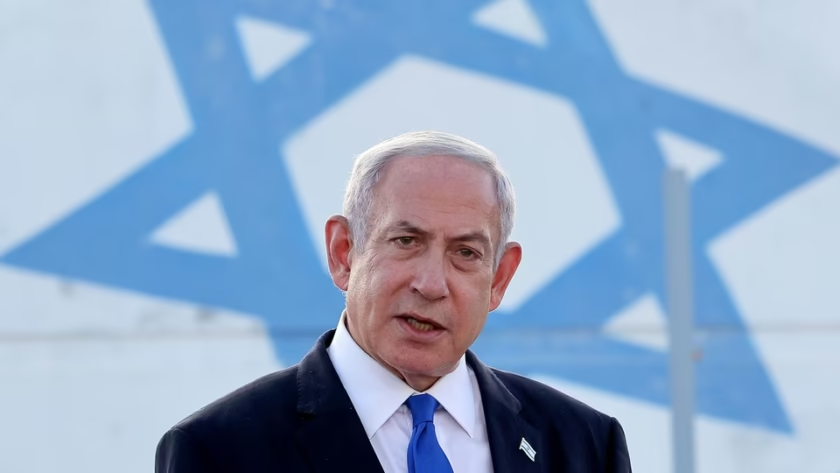New York – Brazilian President Luiz Inácio Lula da Silva has strongly defended his country’s democratic institutions and sovereignty while sharply criticizing the United States for imposing steep tariffs on Brazilian goods.
In an opinion piece published in The New York Times, Lula asserted that “Brazil’s democracy and sovereignty are not on the table,” stressing that while Brazil remains open to dialogue on issues of mutual benefit, it will not compromise on core principles.
The remarks come in response to the Trump administration’s decision to introduce 50% tariffs on Brazilian exports. Lula dismissed the move as “misguided” and “illogical,” pointing out that Washington has enjoyed a cumulative trade surplus of $410 billion with Brazil over the past 15 years, with nearly three-quarters of U.S. exports to Brazil entering duty-free.
“These actions lack economic rationale and are driven by politics,” Lula wrote, accusing Washington of using tariffs and the Magnitsky Act to shield former Brazilian president Jair Bolsonaro, recently sentenced to over 27 years in prison for attempting a coup.
The U.S. Global Magnitsky Human Rights Accountability Act allows sanctions such as asset freezes, travel bans, and financial restrictions on individuals accused of corruption or human rights violations. Lula alleged that such measures are being wielded selectively against Brazil.

On accusations of internet censorship, Lula countered that Brazil’s regulations apply equally to all platforms, with the goal of protecting citizens from hate speech, fraud, and misinformation. He further highlighted Brazil’s advances in financial inclusion through the widely adopted PIX instant payment system.
Addressing environmental concerns, Lula said his administration had cut Amazon deforestation by 50% over the past two years, rejecting U.S. claims that Brazil lacks environmental enforcement.
“Brazil and the United States are capable of respecting each other and cooperating for the good of both Brazilians and Americans,” Lula concluded, adding that “there are no ideological differences that should prevent our governments from working together where we share common goals.”









